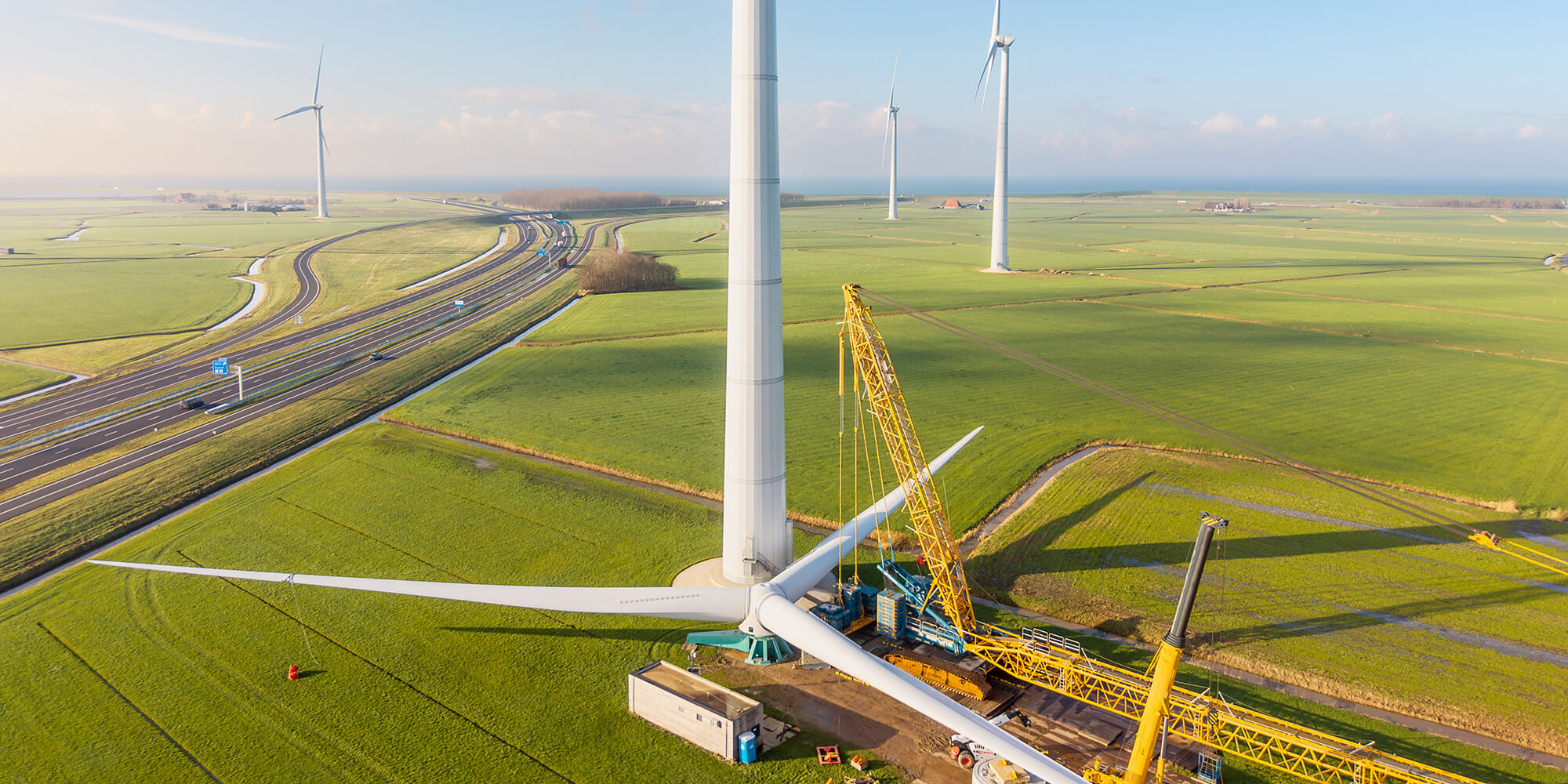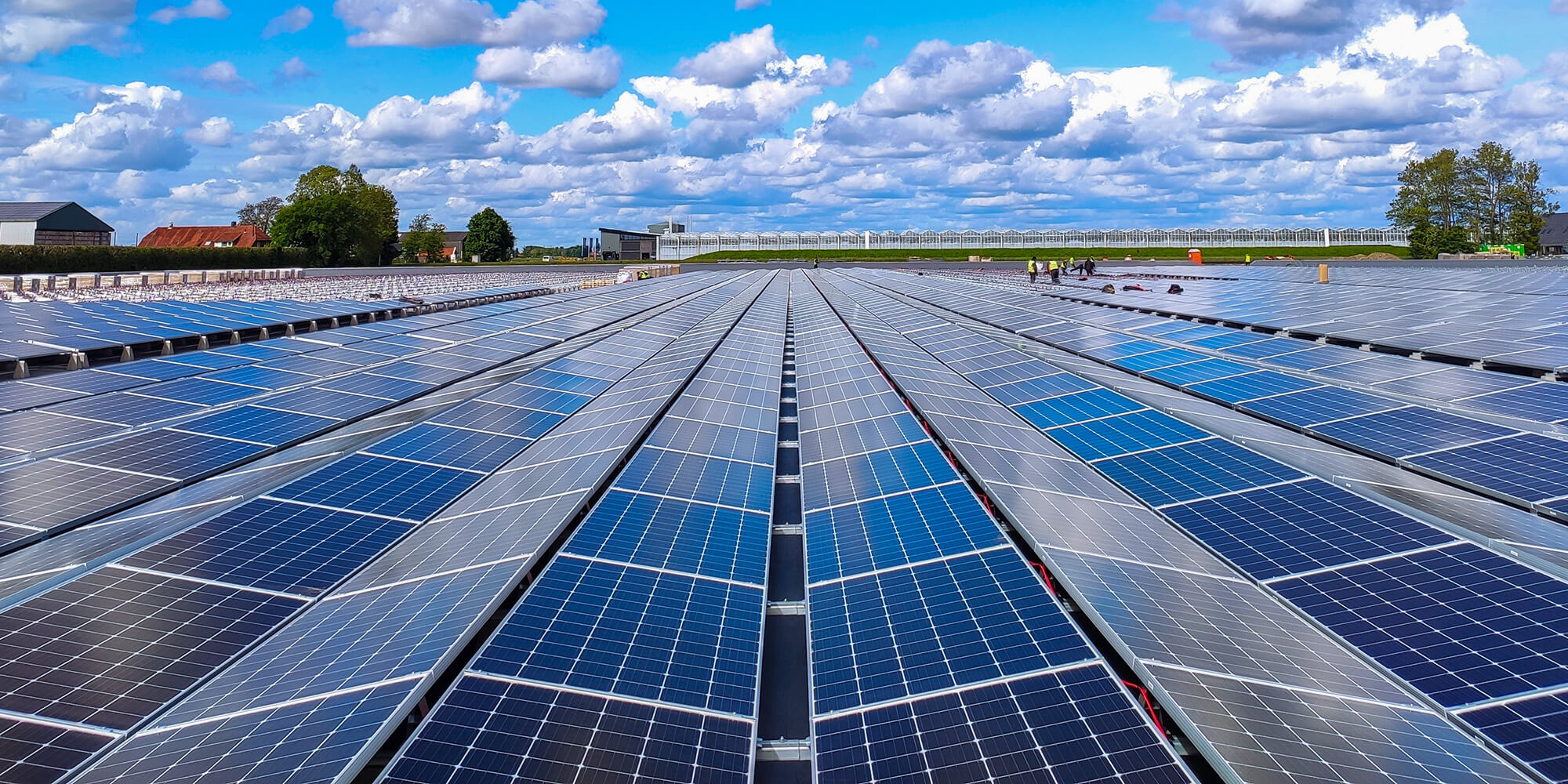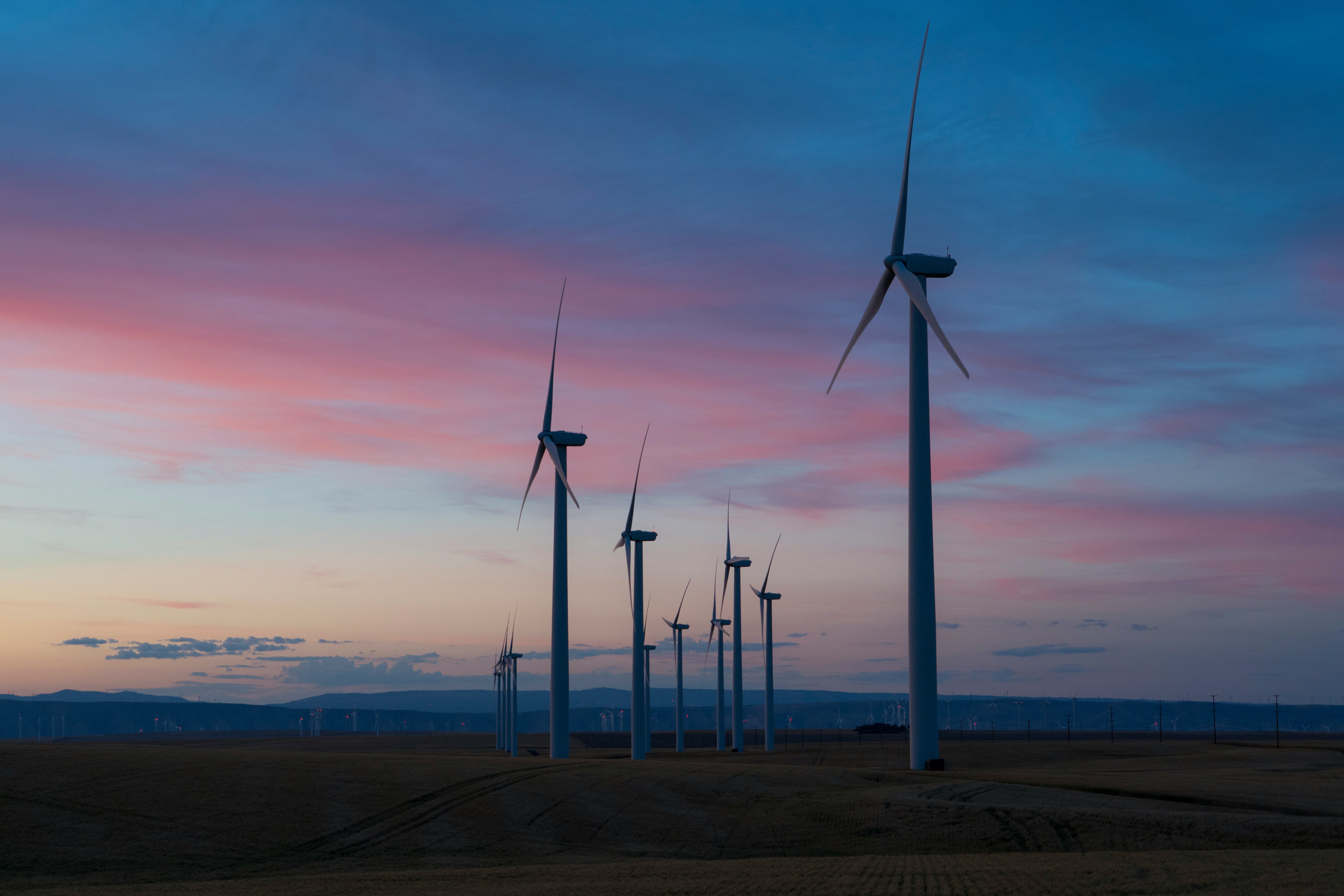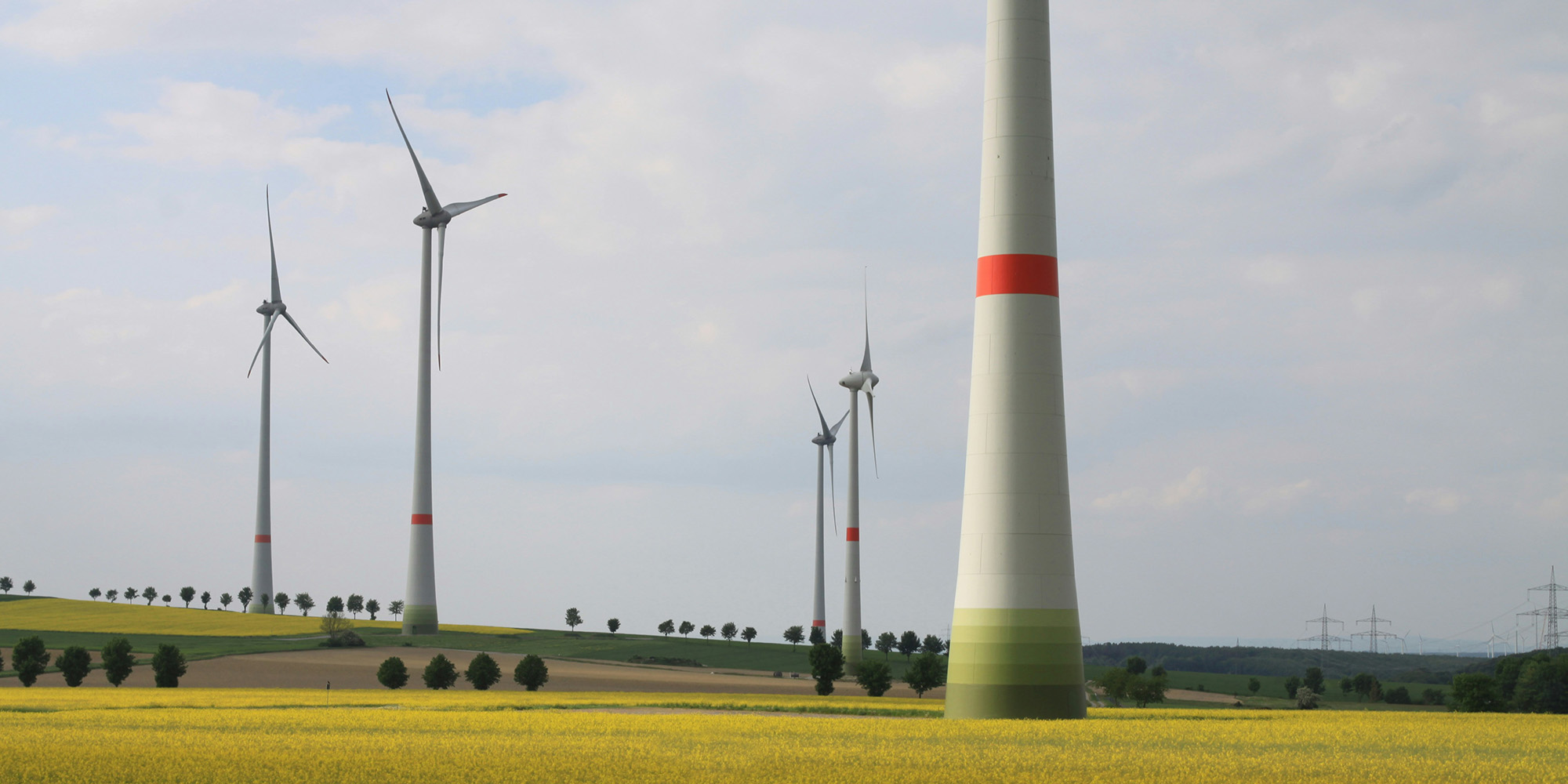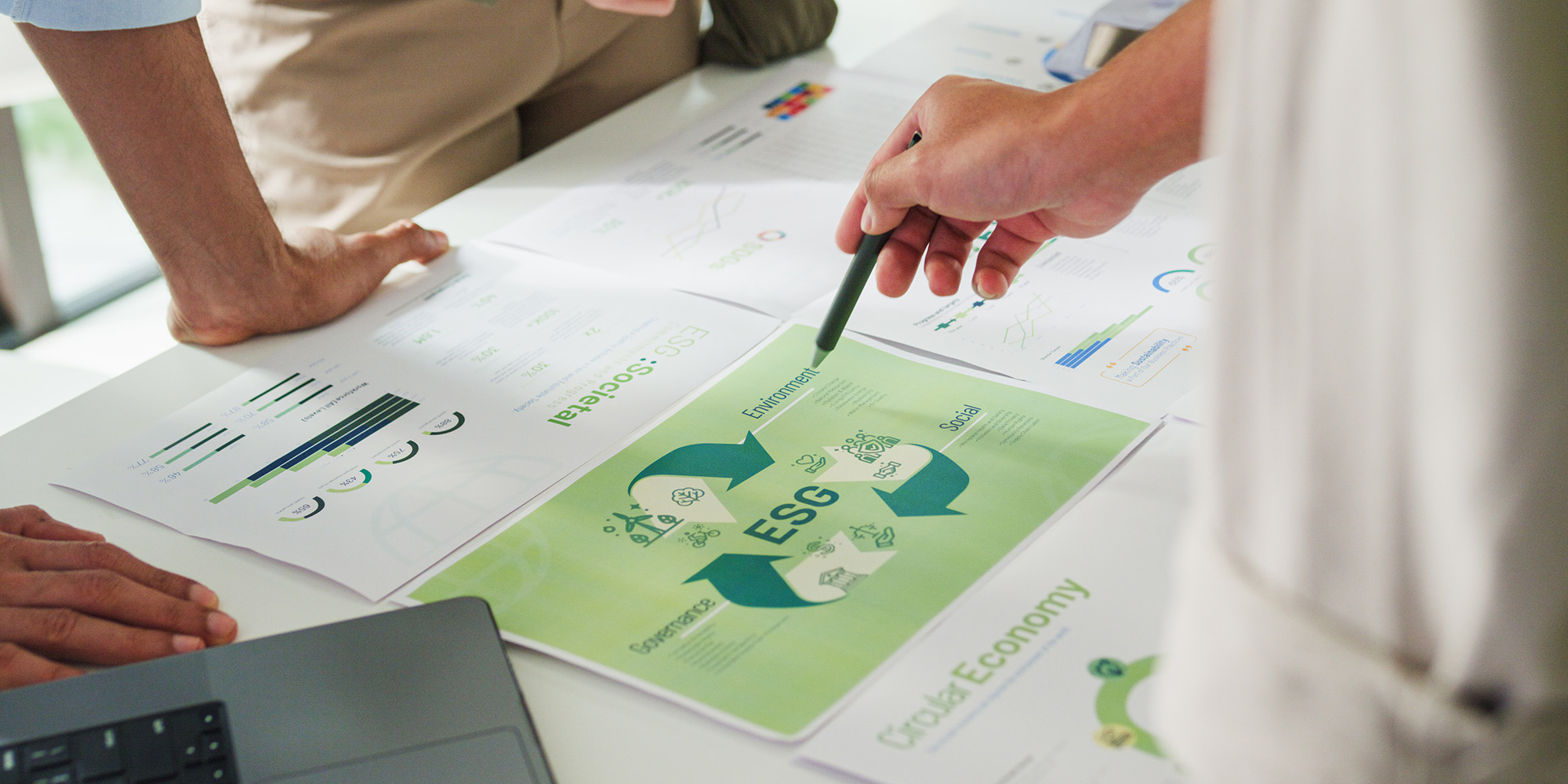Guarantees of Origin (GOs), the system for tracking renewable energy in Europe, were created with consumers in mind. Knowing the origin of the electricity they use, the assumption went, would allow all kinds of consumers, from private households to pan-European organisations, to do the right thing and choose clean power.
And it worked. Since its inception in 2001, demand has grown constantly, now exceeding 800 TWh of GOs cancelled per year. The system is an example of how a political framework can create a buoyant market and raise support for renewables.

Yearly GO cancellations since 2001 according to the Association of Issuing Bodies (AIB). The number for 2024 is a projection made by Ecohz, pending data updates.
But it is now crunch time. 2030, the date many envisioned as a milestone for climate action, is around the corner, and we are not where we need to be. We need more renewable energy and more organisations joining the movement. An upgrade to the system to allow more energy consumers to choose renewables and create more impact is in order.
1) Strict annual matching
Currently, organisations can buy GOs from a given year and use them for consumption in another year, either before or after, depending on the country. The result: there is constant uncertainty about what the total GO supply for a given year. Whether GO prices correspond to the actual relationship between supply and demand or are the consequence of a bankable surplus rolling over to the next year remains unknown.
But what if GO cancellations were restricted to their production year? How would the market look if this lingering stock were removed from the shelves? Suddenly, we would have a more transparent and balanced market where GO prices for a given year truly reflect the demand for that year.
Strict annual matching would also enhance market transparency by more closely pairing clean energy consumption and production. Market statistics could then include consumption periods, giving a clearer picture of what happened in a single year and increasing the credibility of the system. The primary asset of GOs is trust. Annual matching could reinforce that.
2) Full consumption disclosure
In 2020, the Netherlands introduced a full consumption disclosure scheme, which means that electricity suppliers must cancel GOs or COs (certificates for non-renewable electricity) for each MWh of power they supply. Crucially, the mandate also allows any entity to open an account in the Dutch registry and cancel GOs on behalf of end consumers, which can then be counted towards the energy mix of the supplier in question.
In a rather elegant way, the Dutch solved two problems. Firstly, they increased confidence in the tracking system. Since every MWh, renewable or not, is accounted for, consumers can trust that the energy mix they get is what they decide to pay for. Secondly, they further enabled consumer choice. Electricity users can still buy GOs voluntarily and do not depend entirely on the energy mix delivered by their suppliers.
The model has had great success. It has incentivised GO demand, increased consumer transparency, and enabled more players to participate in the market. Good experiences should be replicated elsewhere.
 3) An overhaul of GO IT infrastructure
3) An overhaul of GO IT infrastructure
GO registries are the digital environments where the issuance, transfer, and cancellation of GOs happen. The registries are developed and managed nationally, and even though they generally work, the state of the systems and the technology they use varies greatly.
In some cases, the technology is so dated that finding, sorting, and assigning certificates becomes almost nightmarish. Think of it as having a pile of 10,000 black socks and then having to determine which ones you bought in April, which are a pair, and which you have not worn yet. And every time you get new socks, they go on the same pile. To say the least, the process of sorting things out is prone to errors.
Raising the bar for national registries and bringing them to a similar, higher standard would enhance their efficiency dramatically. There are several off-the-shelf digital products that could drastically improve the registries, as would enabling API connections.
Improving the technology would also enable the market to think about other enhancements, like increased granularity, which is not possible with the current solutions. All in all, a betterment of the IT scaffolding that supports the GO system is long overdue.
4) Harmonising cancellation rules
Even though GOs operate as a single market, the rules for managing and cancelling guarantees vary significantly across countries. In Germany and Austria, for example, only national electricity suppliers can cancel GOs in their registry. In Italy, companies can only get that service from their own physical power supplier.
Superficially, this seems logical. Since GOs track electricity, it makes sense that the providers of that commodity handle the documentation as well. But what happens when a company has a cross-border PPA and needs GOs from a different country cancelled? What about companies with hundreds, if not thousands, of consumption points?
Think of a retail company with several hundred stores across Europe. Cancelling the necessary GOs would imply getting in touch with a multitude of suppliers, negotiating fees, and other tasks that make it simply untenable. Otherwise, the company would be constrained to green tariffs with their suppliers, which most sustainability auditors do not accept as proof of renewable energy consumption.
These barriers to GO cancellation should be removed. If GOs are to operate truly as a single market, the conditions must be harmonised in a way that allows companies of all kinds to decarbonise their electricity consumption and fosters richer engagement of diverse market players in the system.
5) Gas GOs could learn from electricity
The European biomethane market is still in its infancy—and it is an unruly one. Many national registries are still isolated, multiple documents are required for the same volume of gas, and there are two organisations simultaneously attempting to harmonise GOs for cross-border transfers. Many are still wondering how this will crystallise into a single European market.
Perhaps the developers of the biomethane space should look at electricity for inspiration. More than providing a technical solution for the cross-border transfer of certificates, the reason why the electricity system works is that it offers mutual trust: all members adhere to the same rules, gather under one governance body, and are capable of auditing each other to keep everyone up to standard.
The European GO system has stood the test of time. It has found a balance between the needs of market participants and government-appointed issuing bodies, fostering an environment where mutual audits create recognition and trust. We believe in the GO system. We believe in harmony between markets and regulation, and that this balance can amplify the impact of European energy consumers. With these—what we see as relatively small—adjustments, the GO system would be even better and hopefully thrive for another 20 years.
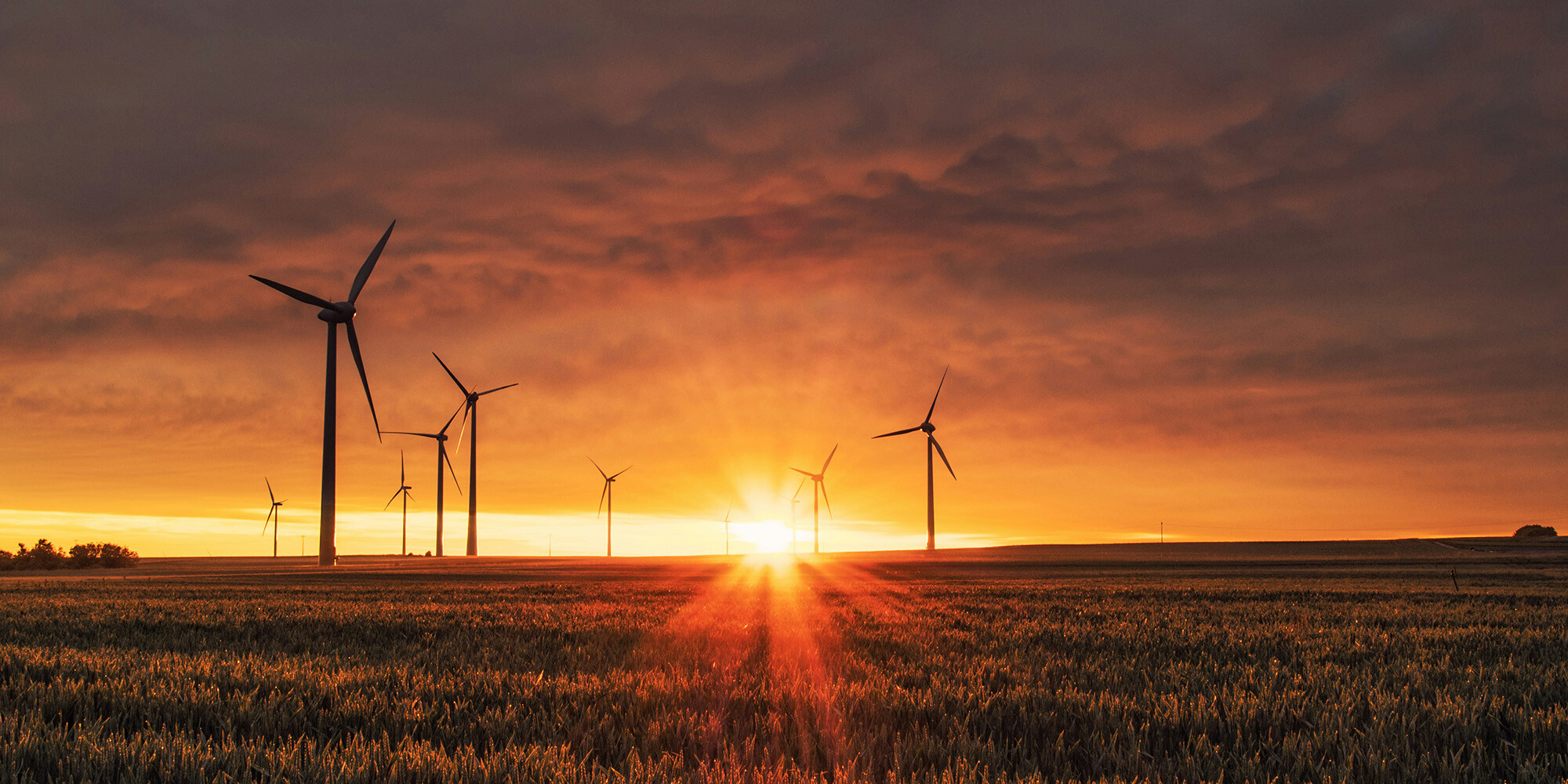


.png?width=3840&height=2560&name=Sun(1).png)

.png?width=3840&height=2560&name=Landscape_2(1).png)

